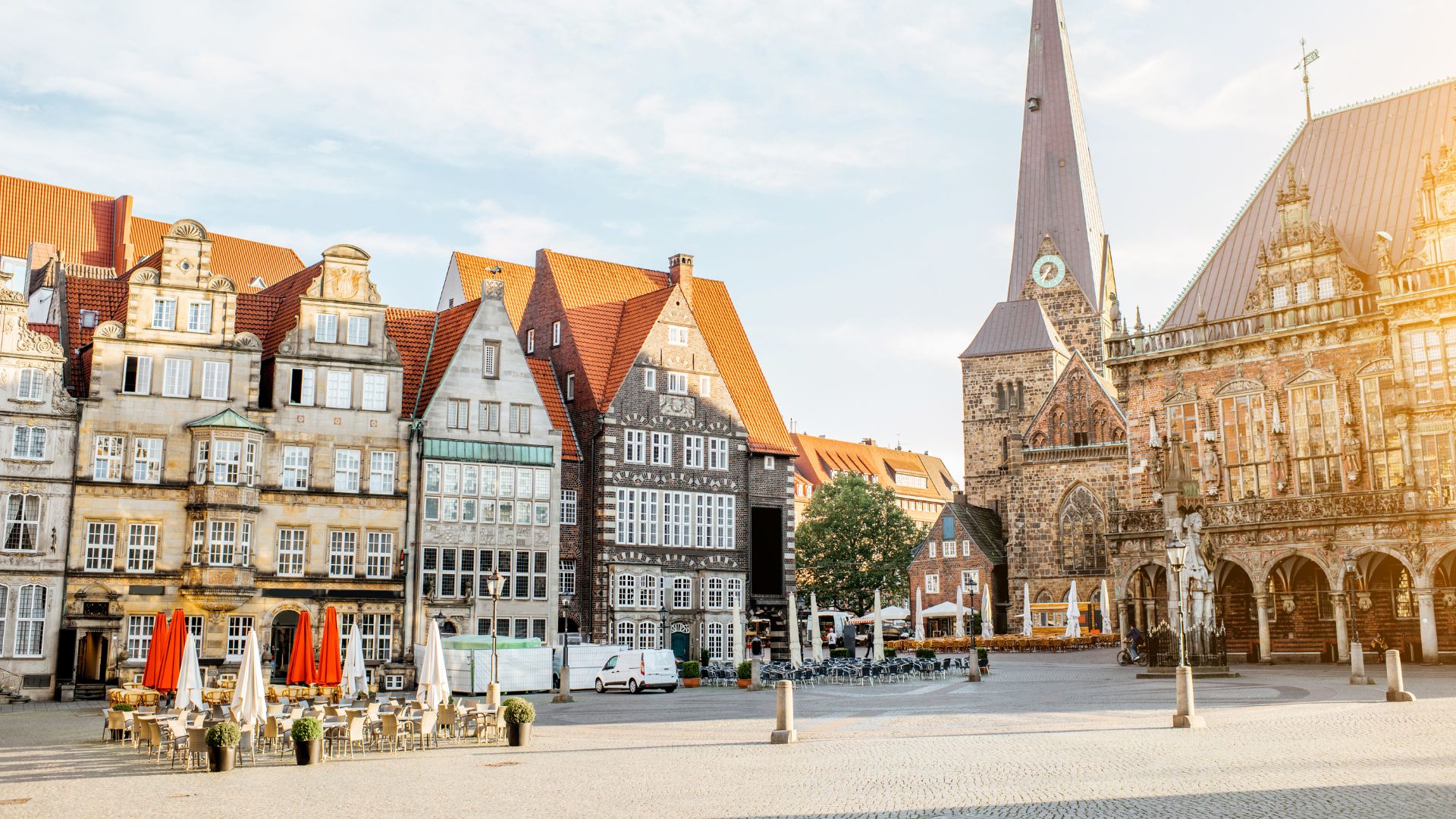Complete Guide to
Living in Germany

Expats are drawn to this dynamic country by its stability, breathtaking scenery, abundant job opportunities and rich history. It is a powerhouse of European industry and culture. But it’s important to know about German culture before you lift a stein of beer at Oktoberfest. This thorough guide covers every angle, from managing the workplace atmosphere to making sure you’re taking care of yourself.
The German Workplace Culture and Environment
Efficiency and Order
Clear & Direct Communication
Structure and Hierarchy
Teamwork and Collaboration
Work-Life Balance
Employee Welfare & Benefits


Top 5 Reasons To Move To Germany
- High Quality of Life
Germany has first-rate infrastructure and a strong economy. The country is well known for its highly efficient infrastructure and law enforcement system. - Low Crime Rate
Germany is one of the safest countries in which to settle and reside. It ranks 20 out of 163 countries after Belgium and Ireland (GFmag.com, 2019). - Abundant Job Opportunities:
Being one of the top 5 economies in the world, it attracts skilled labourers from across the globe. Salary and compensation packages are relatively higher in Germany. - Cultural Richness
Germany has a wide range of cultural environments, from energetic metropolises like Berlin and Munich to quaint old towns. - Possibilities for Travel
Germany’s central location in Europe makes it easy to travel to its neighbouring countries. Take a weekend tour to discover the splendour of France, Switzerland, or Austria.
Overall, Germany’s welcoming attitude towards foreigners, coupled with its strong economy, social welfare system, and high quality of life, make it an attractive destination for individuals seeking opportunities beyond formal employment.
Germany’s Emphasis on Health, Well-Being, and Lifestyle
Gesundheitssystem (Healthcare System)
Germany boasts a universal healthcare system known as the Gesundheitssystem. Basic care is covered, but if you want further advantages, you might want to look into private health insurance. Investigate your possibilities with respectable insurance providers.Deutsch lernen (Learn German)
Although English is becoming more and more common in Germany, being fluent in the language can greatly improve your chances of finding employment and improving your quality of life. You can easily take a German language training from IndieTalent - your trusted international career partner.Freizeit und Erholung (Leisure and Recreation)
Leisure and recreation, or Freizeit und Erholung, is something the Germans value greatly. Take in the beautiful outdoors, sign up for a sports team, or just unwind in a gemütlich (cozy) café and take in the ambiance.Financial and Legal Aspects to Consider
Ensure all required documentation is in order before relocating to Germany
The type of visa you need will depend on the purpose of your stay—whether it’s for work, education, or other reasons. To avoid delays, research the visa requirements well in advance by visiting the Federal Foreign Office’s website. [Learn more here.]
Germany operates a progressive tax system. To stay compliant, familiarize yourself with the country’s tax laws by consulting resources provided by the Federal Ministry of Finance. [Learn more here.]
Cost of Living in Germany
| Expenses | Average Cost |
|---|---|
| One-bedroom apartment * (*Varies with region) | €250 - €500 |
| Meal at an average restaurant | €8-€14 |
| One-way ticket on the local public transport | €2.00 - € 3.50 |
| Average Utilities and Bills (Depends on apartment) | 29.42 cents for a kilowatt-hour (CT/kWh) |
| Health insurance | 70 to 80 euros per month |
| Other expenses | 50 to 100 euros per month |
Financial Planning: The Euro is used in Germany. Using cost-of-living comparison websites, find out how much it will cost to live in the region you have chosen, then adjust your budget accordingly.
Living in Germany can be a fulfilling and enriching experience. You will be well-equipped to navigate this fascinating country if you embrace the German way of life and have a thorough understanding of the work culture, benefits, legalities, and importance of well-being.


